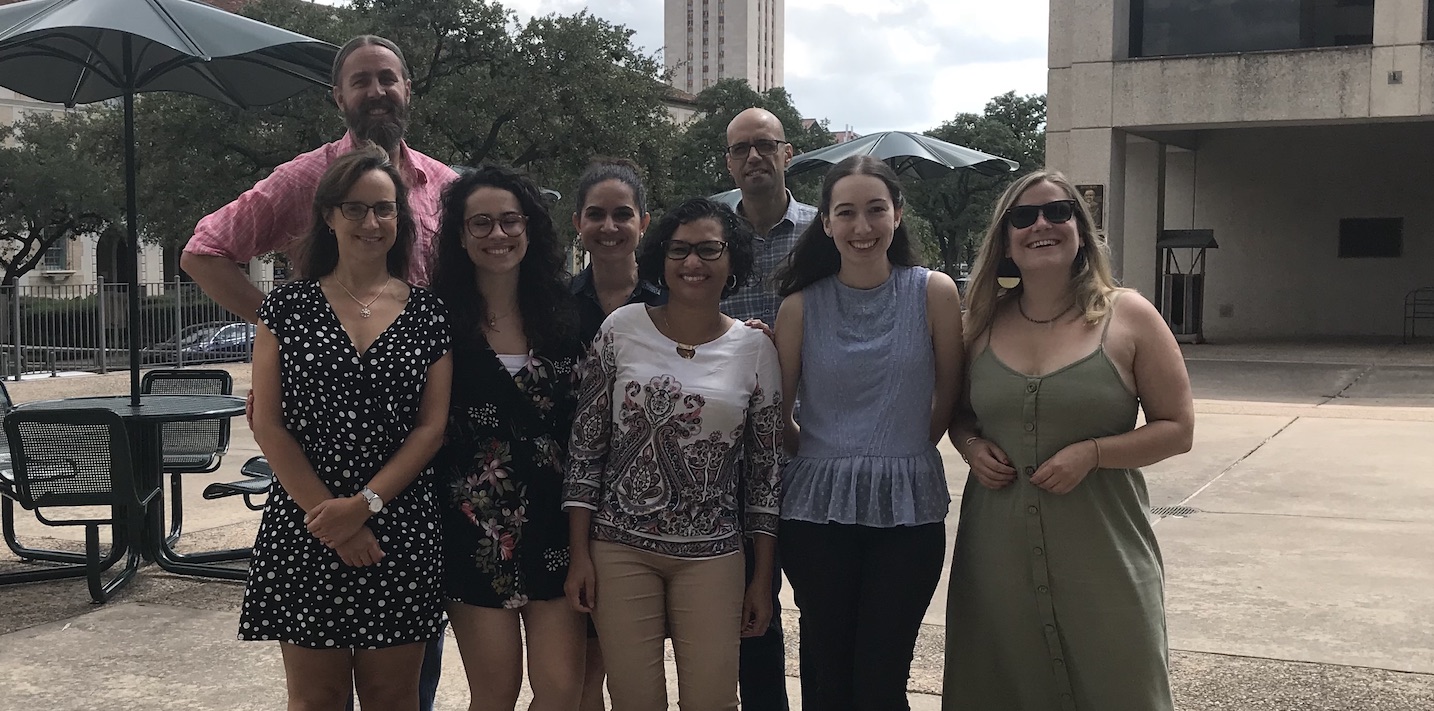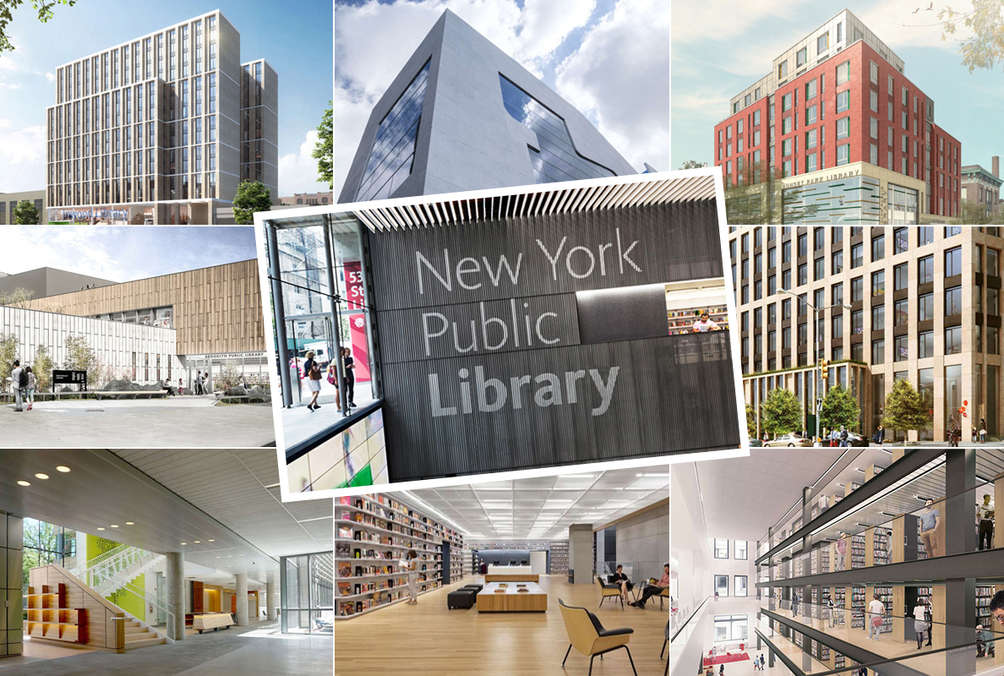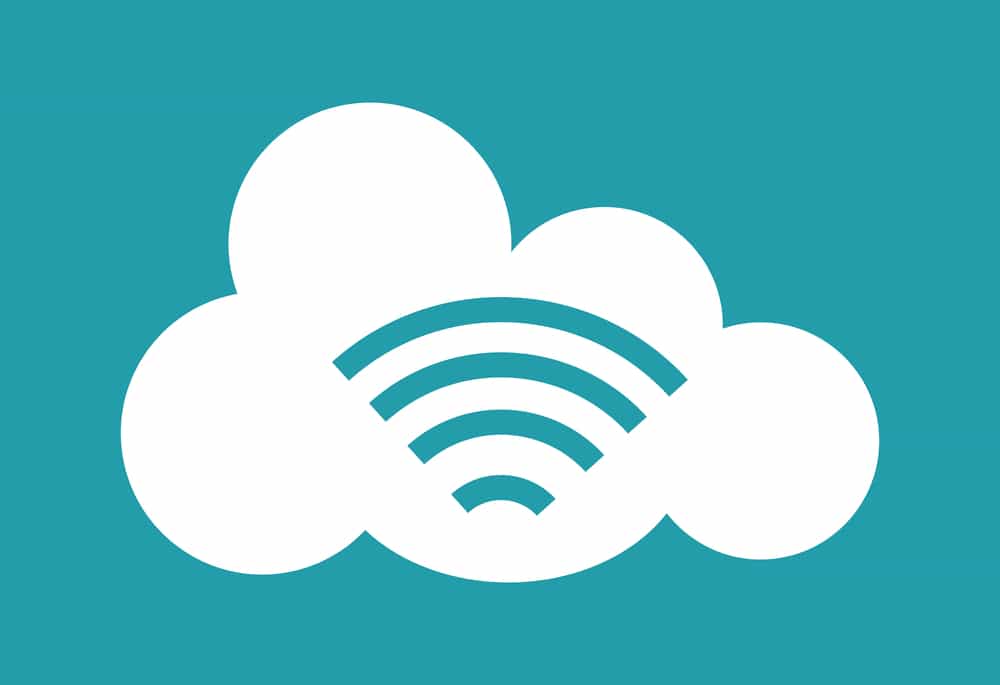
by TIPI Staff | Jul 30, 2018
Policy Briefs Children and the Internet: Parental Concerns and Internet Site DataDr. Sharon Strover, Ellen Wartella, Pat Stout, & Jef RichardsDownload Libraries in a Networked TexasDr. Philip DotyDownload Rural Implications of H.R. 1542: The Internet Freedom and...

by TIPI Staff | Jul 28, 2018
The UT Austin | Portugal Digital Media program is pleased to offer participation grants for original papers or poster sessions presented at the Doctoral Seminar on November 29-30, 2018. The specific aim of these grants is to provide financial support for the thesis...

by TIPI Staff | Jul 13, 2018
The UT Austin | Portugal Digital Media program is pleased to offer participation grants for Original Papers or Posters presented at the Doctoral Seminar November 29-30, 2018. The specific aim of these grants is to provide financial support for the thesis and to...

by TIPI Staff | Jul 2, 2018
Science can appear inaccessible and complex to non-scientists, whereas communication can seem daunting to scientists. EMERGENCE brought together scientists, programmers, artists, and others, to collaboratively create digital media-based projects that communicate...

by TIPI Staff | Jun 29, 2018
Take the Internet Home Austin, TX June 29, 2018 │ The Technology and Information Policy Institute (TIPI) at the University of Texas at Austin has received a grant from the Tocker Foundation to implement hotspot lending programs at rural libraries throughout the state...

by TIPI Staff | Mar 19, 2018
The Robin Hood Foundation engaged TIPI in 2015 to evaluate a program in which mobile hotspot devices and library-funded broadband provide access to 10,000 families in New York City. The goal of the overall assessment is to examine why people have home-based wireless...

by TIPI Staff | Jan 30, 2018
Summer Institute 2018 in Lisbon and Porto UT professors are again teaching from June to mid-July over 2 campus locations in Portugal: INOVA media labs in Lisbon and the Media Innovation Labs in Porto. This year’s topics are far-ranging and are up-to-date with...

by TIPI Staff | Jan 11, 2018
Dr. Brian Whitacre and his doctoral student, Jacob Manlove, recently undertook a small pilot project to extend hotspot lending to Oklahoma rural libraries. Utilizing Oklahoma Cooperative Extension Service funds, Brian and Jacob recruited four libraries in rural...

by TIPI Staff | Jan 11, 2018
Past Presentations: National Association of Community Development Extension Professionals(NACDEP) Annual Conference; Big Sky, Montana; June 11-14, 2017. http://www.nacdep.net/2017-cds-nacdep-conference “Rural Library Hotspot Lending...

by TIPI Staff | Jan 4, 2018
Congratulations to Maria Skouras for being awarded the prestigious Consortium On Media Policy Studies fellowship this summer. The Technology and Information Policy Institute is sponsoring this $7500 fellowship. COMPASS Summer Fellows learn about the real world of U.S....











